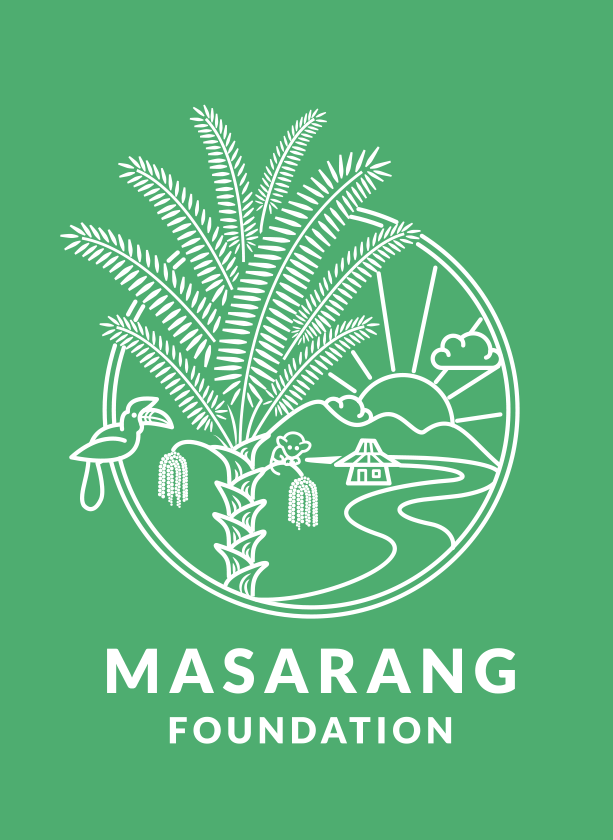Since the disastrous, massive forest fires in Indonesia last year, the Indonesian government announced actions in order to prevent another disaster this year.
According to the regulations, companies as well as farmers can face fines of up to 10 billion Indonesian rupiah (about €700.000) or jail sentences up to 10 years if they are still clearing land by burning it down. Even though companies are responsible for the largest part of the burning, the farmers will be targeted as well. The farmers however are not handed solutions for cultivating their land in a way that does not require moving from place to place every few years and burning the leftovers of their plantations.
In response to this, the Masarang Foundation has started several programs to support farmers to use more sustainable farming methods. Through the support of Masarang International’s private fund sponsors, individual donators and brother Piet (a Dutch missionary who has over 40 years of experience in sustainable farming in Kalimantan), Masarang Indonesia has been able to start already quite a few programs over the last four years for a more sustainable future for farmers in West Kalimantan.
The latest is the making of a booklet, serving as an ‘agricultural companion’ for dry land farmers. From April until June 2016, Marina Kermani (Dutch MSc student Environment and Resource Management) and Jason Serier (Dutch MSc graduate in Architecture) have been working on compiling as much as possible of brother Piet’s practical, sustainable agriculture knowledge into one booklet.

Jason (left) and Marina (right) during a field research in the village of Arai
The educational material gathered in this booklet forms the basis for training of the farmers. The first training, conducted by brother Piet, took place last month for seven community leaders from the Sintang region. The booklet entails items such as; how to prepare the land so that the water and the nutrients do not run off easily, how to remove tree trunks, how to assess the quality of the soil and see which nutrients are needed, how to enrich the soil through the use of compost and biochar, etc. These seven community leaders will pass on the knowledge to their communities through training on site and by distributing the booklets to the farmers in their community.
The trainings will continue under Masarang’s reforestation program for West Kalimantan for the next 5 years. We would like to take this opportunity to thank brother Piet, Jason and Marina for their endless effort in compiling this booklet, and our sponsors for making all of this possible!
Since 2012, the Masarang Foundation has been promoting sugar palms as an alternative and sustainable source of income, has distributed over 65.000 sugar palm seedlings in West Kalimantan to provide farmers with a sustainable income source, constructed an illipe nut factory which completed its second production season this year (producing almost three times the amount of illipe butter compared to the first season), constructed two palm sugar processing units and constructed several biochar ovens. The last seedlings from the large nursery were distributed in May 2016. There is still one smaller nursery with another 3000 sugar palms that will be distributed later this year, at the start of the rainy season, and will continue distributing sugar palms in the future, in other regions in Indonesia.
